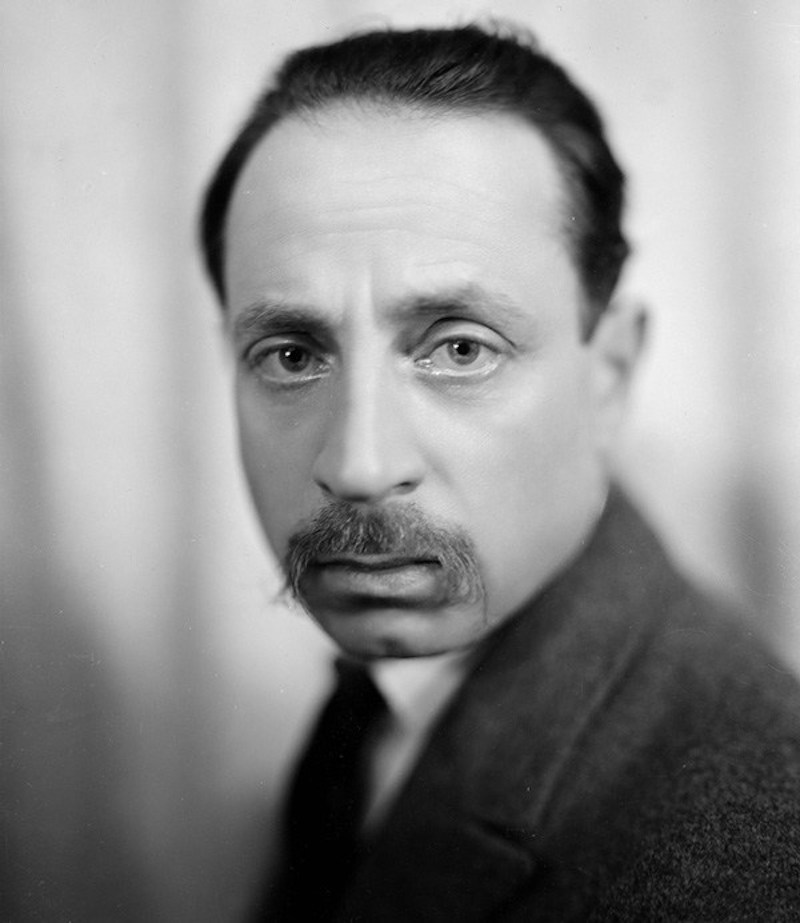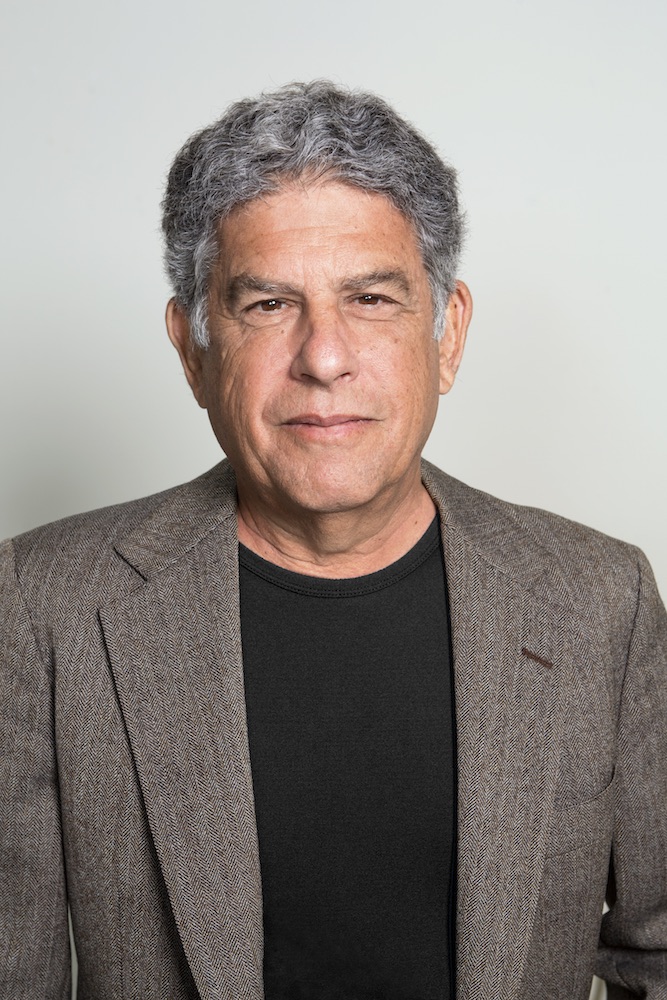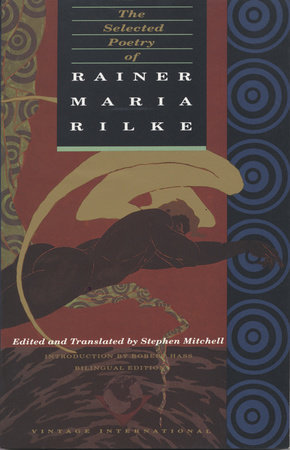You who never arrivedin my arms, Beloved, who were lostfrom the start,I don’t even know what songswould please you. I have given up tryingto recognize you in the surging wave of the nextmoment. All the immenseimages in me—the far-off, deeply-felt landscape,cities, towers, and bridges, and un-suspected turns in the path,and those powerful lands that were oncepulsing with the life of the gods—all rise within me to meanyou, who forever elude me.You, Beloved, who are allthe gardens I have ever gazed at,longing. An open windowin a country house—, and you almoststepped out, pensive, to meet me. Streets that I chanced upon,—you had just walked down them and vanished.And sometimes, in a shop, the mirrorswere still dizzy with your presence and, startled, gave backmy too-sudden image. Who knows? perhaps the samebird echoed through both of usyesterday, separate, in the evening…
[You who never arrived]
Du im Voraus
verlorne Geliebte, Nimmergekommene,
nicht weiß ich, welche Töne dir lieb sind.
Nicht mehr versuch ich, dich, wenn das Kommende wogt,
zu erkennen. Alle die großen
Bildern in mir, im Fernen erfahrene Landschaft,
Städte und Türme und Brücken und un-
vermutete Wendung der Wege
und das Gewaltige jener von Göttern
einst durchwachsenen Länder:
steigt zur Bedeutung in mir
deiner, Entgehende, an.
Ach, die Gärten bist du,
ach, ich sah sie mit solcher
Hoffnung. Ein offenes Fenster
im Landhaus—, und du tratest beinahe
mir nachdenklich heran. Gassen fand ich,—
du warst sie gerade gegangen,
und die spiegel manchmal der Läden der Händler
waren noch schwindlich von dir und gaben erschrocken
mein zu plötzliches Bild.—Wer weiß, ob derselbe
Vogel nicht hinklang durch uns
gestern, einzeln, im Abend?
Feature Date
- May 6, 2019
Series
- Translation, What Sparks Poetry
Selected By
- J. Michael Martinez
Share This Poem
Print This Poem
Copyright © 1989 by Penguin Random House LLC
All rights reserved.
Reproduced by Poetry Daily with permission.

Rainer Maria Rilke (1875–1926) was one of the greatest lyric German-language poets. Born in Prague, he published his first book of poems, Leben und Lieber, at age 19. In 1897 he met Lou Andreas-Salomé, the talented and spirited daughter of a Russian army officer, who influenced him deeply. In 1902 he became a friend, and for a time the secretary, of Rodin, and it was during his 12-year Paris residence that Rilke enjoyed his greatest poetic activity. In 1919 he went to Switzerland where he spent the last years of his life. It was there that he wrote his last two works, Duino Elegies (1923) and Sonnets to Orpheus (1923).
"Perhaps the most beautiful group of poetic translations [the twentieth] century has produced."
—The Chicago Tribune
"Stephen Mitchell’s translations bring the qualities that I most cherish in the originals into English with new intimacy and authority. Rilke’s voice, with its extraordinary combination of formality, power, speed and lightness, can be heard in Mr. Mitchell’s versions more clearly than in any others. His work is masterly."
—W. S. Merwin
"Mitchell’s translation of the Duino Elegies — Rilke’s masterpiece — is the best that has been made…. Intensely readable, yet he has not simplified the ideas."
—Stephen Spender, The New York Review of Books
Poetry Daily Depends on You
With your support, we make reading the best contemporary poetry a treasured daily experience. Consider a contribution today.





